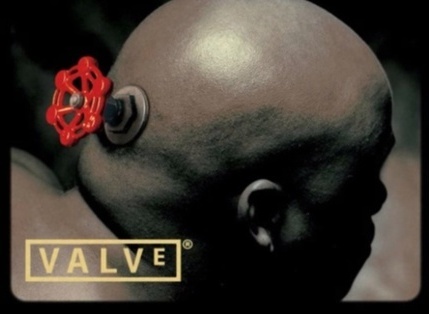
Valve Software is facing potential legal trouble in the form of two recent lawsuits, both of which revolve around the company's games being connected to third-party gambling sites. While the game maker and Steam store operator did not offer a public response when the suits were filed, Valve has finally gone on the record to denounce the gambling issues that have arisen—but it didn't announce definitive action against the third-party sites in question.
Those sites, which include Florida-based CSGOLotto, traffic mostly in the "skins" (meaning, cosmetic items) that can either be earned or purchased for small, non-refundable fees in the game Counter Strike: Global Offensive. These skins can be traded to the gambling sites via the Steam Marketplace, at which point they essentially become poker chips for those sites' gambling features. In some cases, those skins can then be cashed out for real money.
A Wednesday statement written by Valve's Erik Johnson said that the game maker does not directly profit from these gambling sites' actions. "We have no business relationships with any of these sites," Johnson said. "We have never received any revenue from them. And Steam does not have a system for turning in-game items into real world currency." Johnson then explained that the gambling sites work by creating and maintaining their own Steam accounts, through which they conduct virtual item trading on a massive scale.
"Using the OpenID API and making the same web calls as Steam users to run a gambling business is not allowed by our API nor our user agreements," Johnson wrote. Steam's user agreement includes a passage that forbids "exploit[ing] the Content and Services or any of its parts for any commercial purpose, except as expressly permitted elsewhere in this Agreement."
However, Valve has yet to enforce that rule in the case of third-party gambling sites, and Johnson's statement did not confirm any plans to do so. "We are going to start sending notices to these sites requesting they cease operations through Steam, and further pursue the matter as necessary," the statement said.
The statement also didn't refer to the recent lawsuits, which alleged that Valve deliberately aids and abets gambling services by allowing them to thrive through Steam Marketplace connections, nor did it mention any plan to update the Steam user agreement for the sake of blocking gambling-friendly services from Steam in the future. Valve did, however, warn users of third-party sites to "manage their in-game item inventory and trade activity" in light of today's statement—though Johnson didn't explain exactly what might happen to any in-game items in question.
reader comments
68